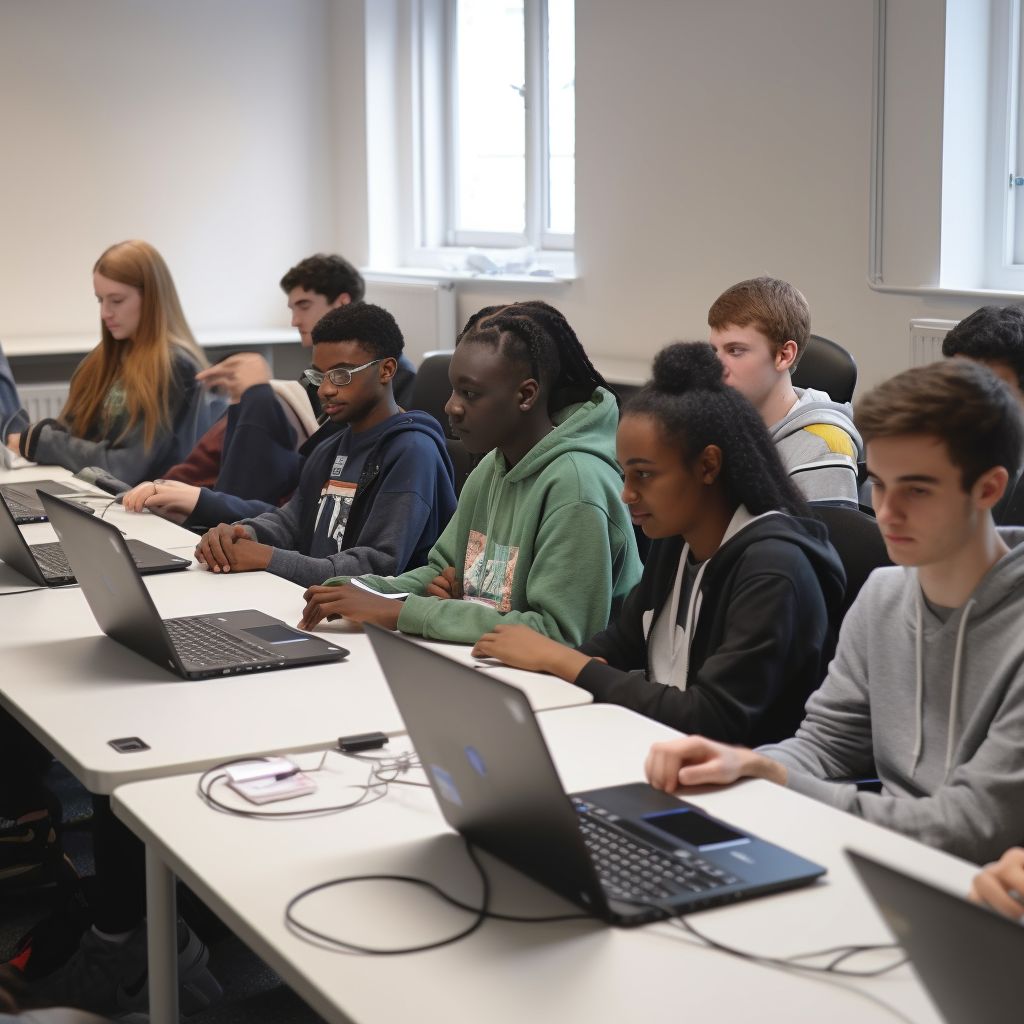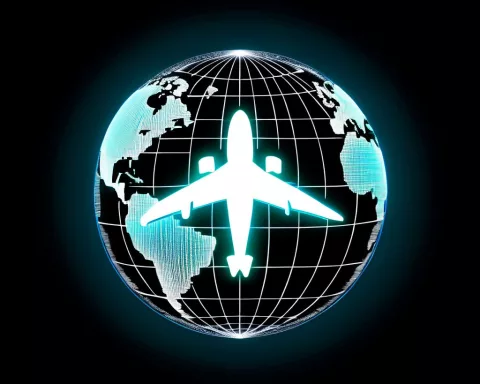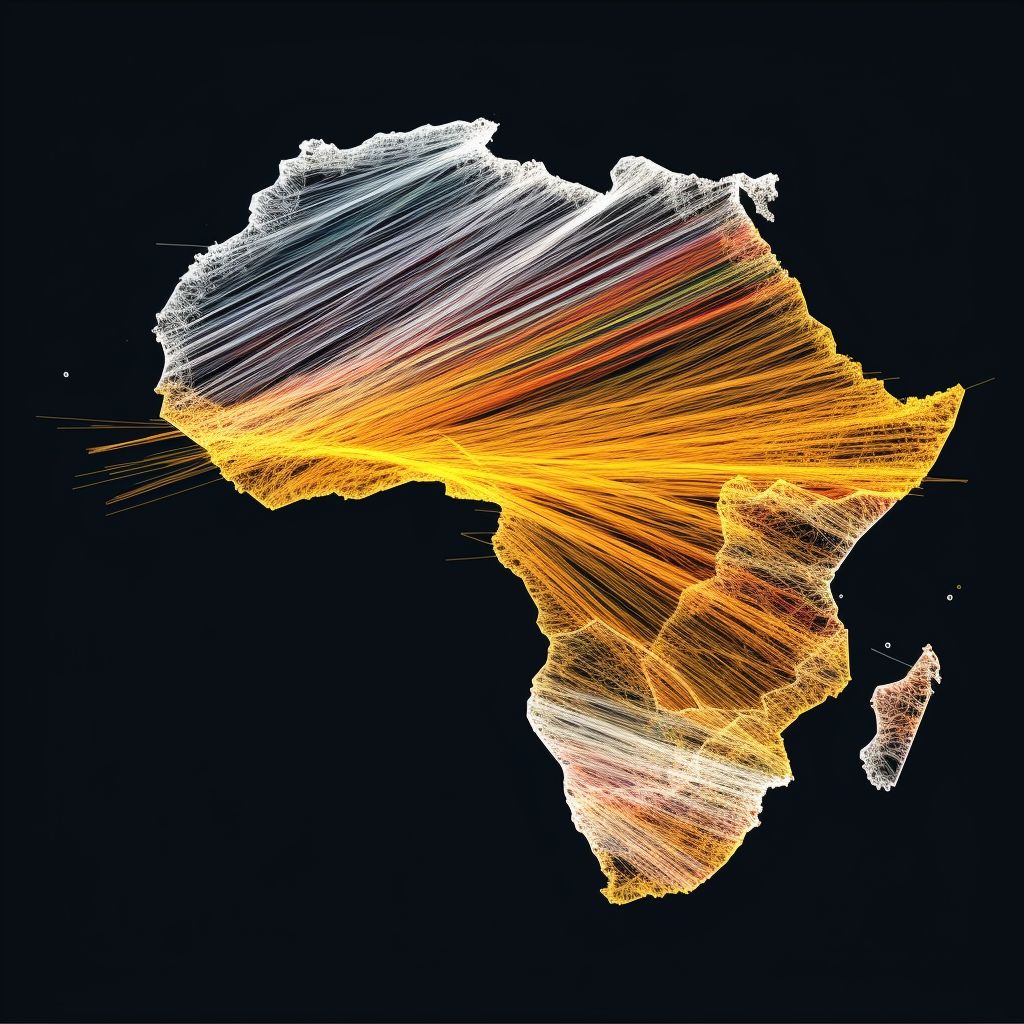Deputy Minister of Communications and Digital Technologies, Mr. Philly Mapulane, recently outlined his vision for South Africa’s digital future in a budget vote speech. His focus was on accelerating universal connectivity and expanding digital skills to foster an inclusive digital economy.
Digital Skilling
In the context of South Africa’s National Digital and Future Skills Strategy, approved by the Cabinet in 2020, Mapulane underscored the importance of digital skilling. This strategy aims to enhance the abilities of South Africans to adapt to the rapidly changing skills landscape.
The National Electronic Media Institute of South Africa (NEMISA) trained 57,000 people in digital literacy during the 2022/23 financial year. The government intends to train an additional 80,000 individuals in digital literacy over the next financial year.
Yarona Digital Ambassadors Programme
Mapulane introduced the Yarona Digital Ambassadors Programme, an initiative that targets unemployed youth and provides them with an opportunity to become digital ambassadors who teach their communities digital literacy. NEMISA has placed 124 such ambassadors in various municipalities and plans to increase this number to over 150 in 2023/24.
Digital Literacy Training
Besides digital literacy training, NEMISA has also offered training in cellphone repair, digital entrepreneurship, and creative media short courses such as digital photography, vlogging, and storytelling using digital devices. Mapulane called on NEMISA to continue collaborating and partnering with government entities, the private sector, and universities to deliver high-quality training.
Online Content Regulation
The Films and Publications Board (FPB) has made progress in becoming a more effective online content regulator, with the authority to issue content distribution licenses, develop regulations, enforce compliance, and impose penalties. Mapulane lauded the Johannesburg High Court’s recent ruling that convicted Mr. Gerhard Ackerman of over 720 charges of child pornography, applauding the FPB team for their thorough analysis in supporting the case.
Cybersecurity
Regarding cybersecurity, Mapulane stressed the importance of protecting South Africans’ fundamental rights. The Department of Communications and Digital Technologies has established a Cybersecurity Hub to coordinate cybersecurity efforts in the private sector and civil society.
International ICT Community
South Africa maintains a crucial role in the international ICT community, advocating for the interests of developing countries in building a stable, secure, and inclusive global ICT environment. The nation is an active member of the International Telecommunications Union (ITU) and has been re-elected to the ITU Council.
In conclusion, Mapulane’s speech emphasized the significance of cultivating an inclusive digital economy in South Africa and ensuring that no one is left behind in the digital revolution. By investing in digital literacy, upskilling unemployed youth, and fortifying online content regulation, South Africa seeks to create a more connected and digitally empowered society.












